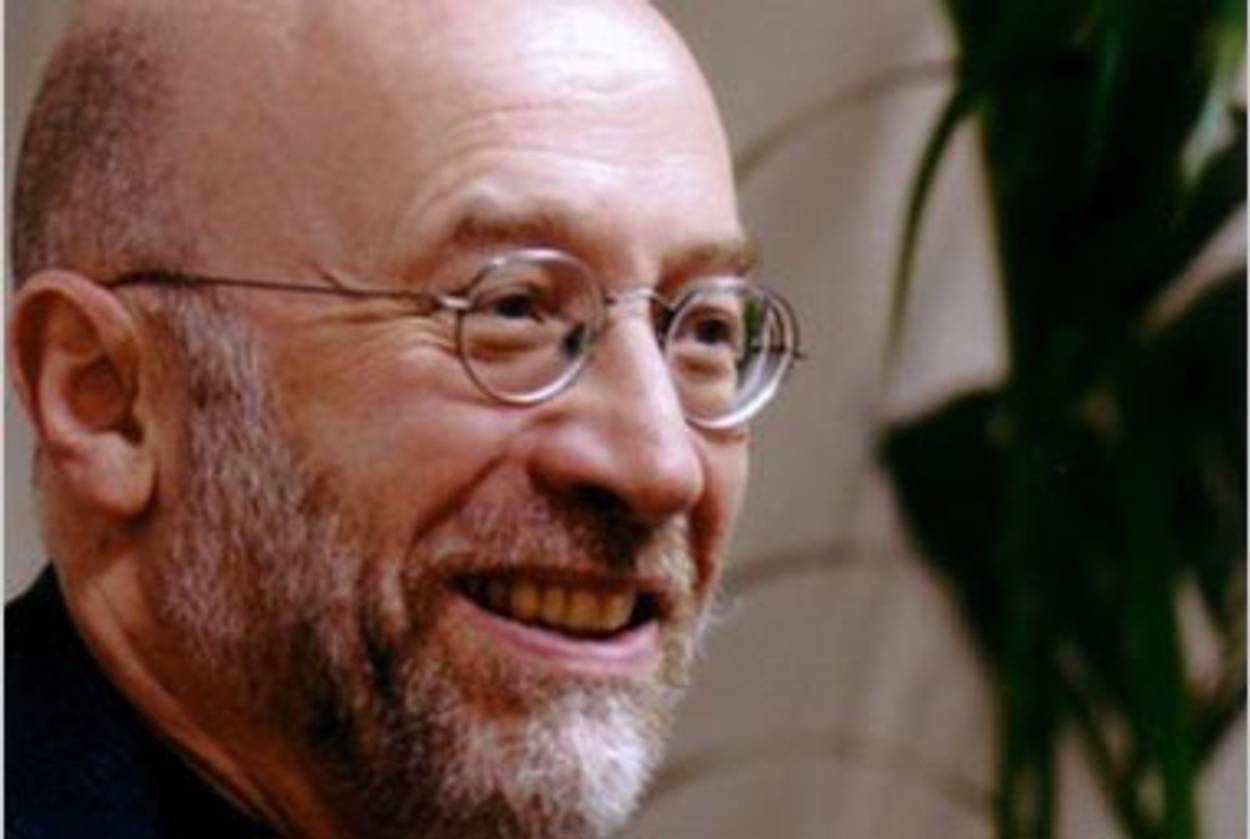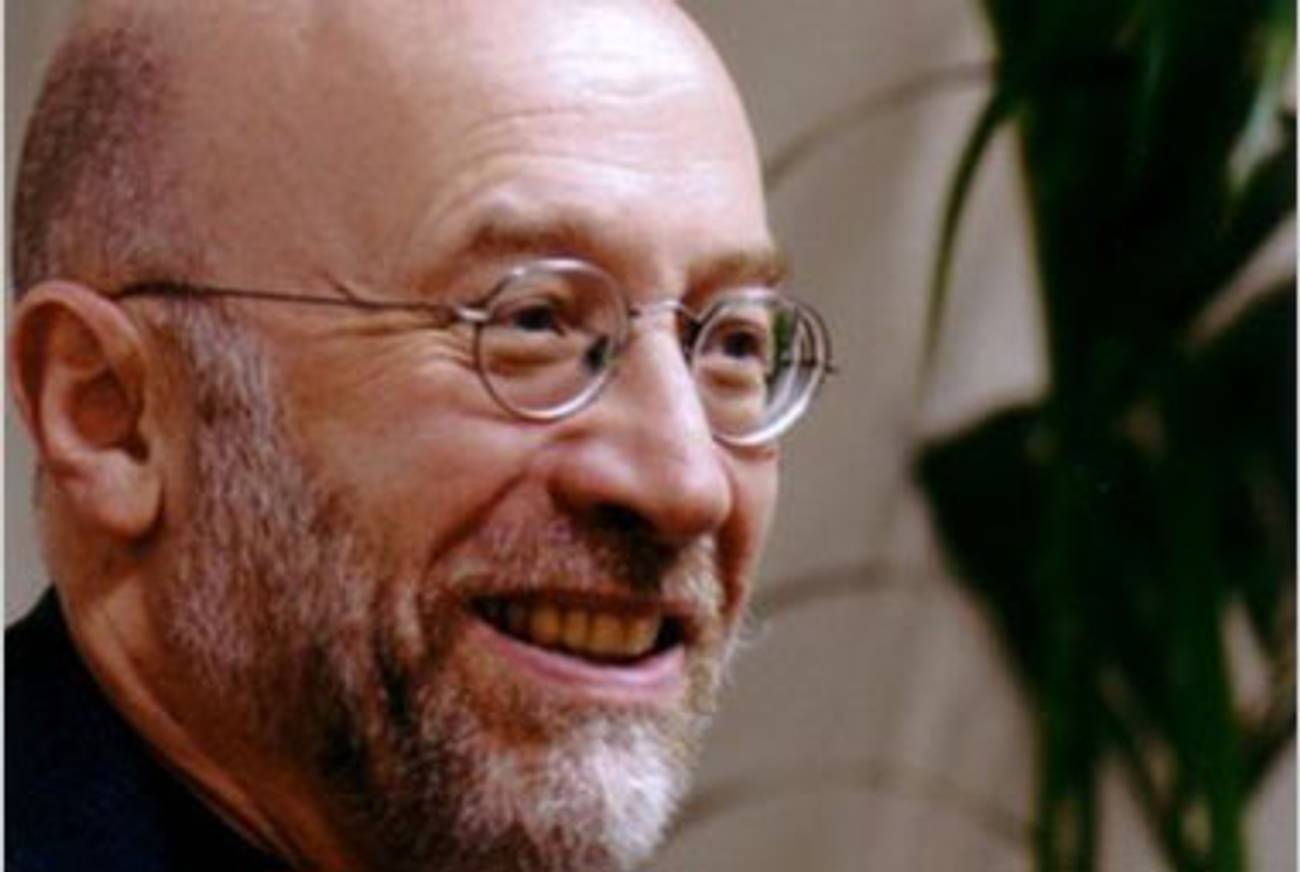Engaged to the End
Tony Judt dies at 62




Tony Judt, the brilliant left-wing public intellectual and New York University professor, died Friday evening. Born to a family of London Jews in 1948, he gained perhaps broadest fame in the final year of his life, which saw him continue to produce some of his best intellectual work as well as branch out, beautifully, into the category of first-rate memoir, all while rapidly dying of Lou Gehrig’s disease.
One imagines him most remembered for those memoirs; for his magnificent studies of mid-20th-century French intellectuals, Past Imperfect and The Burden of Responsibility; and for what was by all accounts his hefty masterpiece, 2005’s Postwar. (For my money—and for yours, too, if you are a New York Review of Books subscriber or an owner of his 2008 collection, Reappraisals—his best essay was his homage to Leszek Kolakowski, his intellectual hero.)
Additionally, Judt will be remembered as perhaps the most eloquent advocate of a so-called one-state solution to the Israeli-Palestinian conflict. More precisely, in an extremely buzzed-about 2003 NYRB essay, “Israel: The Alternative”, he predicted that the failure of the Oslo peace process (for which he blamed both sides), continued Israeli settlement-building, and demographic trends would lead either to ethnic cleansing or to a single state. The one-time enthusiastic Zionist had declared the Zionist dream, essentially, dead. “The very idea is an unpromising mix of realism and utopia, hardly an auspicious place to begin,” he argued of the bi-national state. “But the alternatives are far, far worse.”
In June, reading an op-ed he had just published calling for an end to the Israeli-American special relationship, and knowing that he would almost certainly not be able to take a phone interview, I emailed him a series of questions late at night with half a hope of hearing back, later in the week, that while Professor Judt stands by his essay, he is regretfully unable to reply to interview requests. Instead, within 12 hours I received roughly 500 words responding directly to my fairly pointed questions, a testament to his perennial need to convince, undefeatable even by a disease that mostly paralyzed him.
“So your choice is to lie very bored,” he recently explained of his debilitation, “very vegetative, for a very long time, or else to say ‘sod it, I intend to do something. Well, what’ll I do?’” He added, “If I’d been a plumber, it would be catastrophic. But the thing I have done well all my life is read, write, talk, think, teach, disagree, explain and so on, and I can still do those things.”
Indeed, his defiant, combative, pissed-off, and even humorous reply to me demonstrated, in addition to the expected rhetorical firepower, total (and, in his case, heroic) facility with what was going on in the world. In the late stages of a fatal degenerative disease, he did not capitulate and turn completely inward into what must have seemed a comforting cocoon of family and friends and perhaps self-pity. Instead, he felt compelled to continue to read and think and write—to engage with the world. May we all feel this compulsion when our times are on the horizon.
Tony Judt, Chronicler of History, Is Dead at 62 [NYT]
Earlier: Tony Judt on The Flotilla, J Street, and ‘Linkage’
Related: The Liveliest Mind in New York
Israel: The Alternative [NYRB]
Race Against Time To Complete Life’s Work [Irish Independent]
Marc Tracy is a staff writer at The New Republic, and was previously a staff writer at Tablet. He tweets @marcatracy.